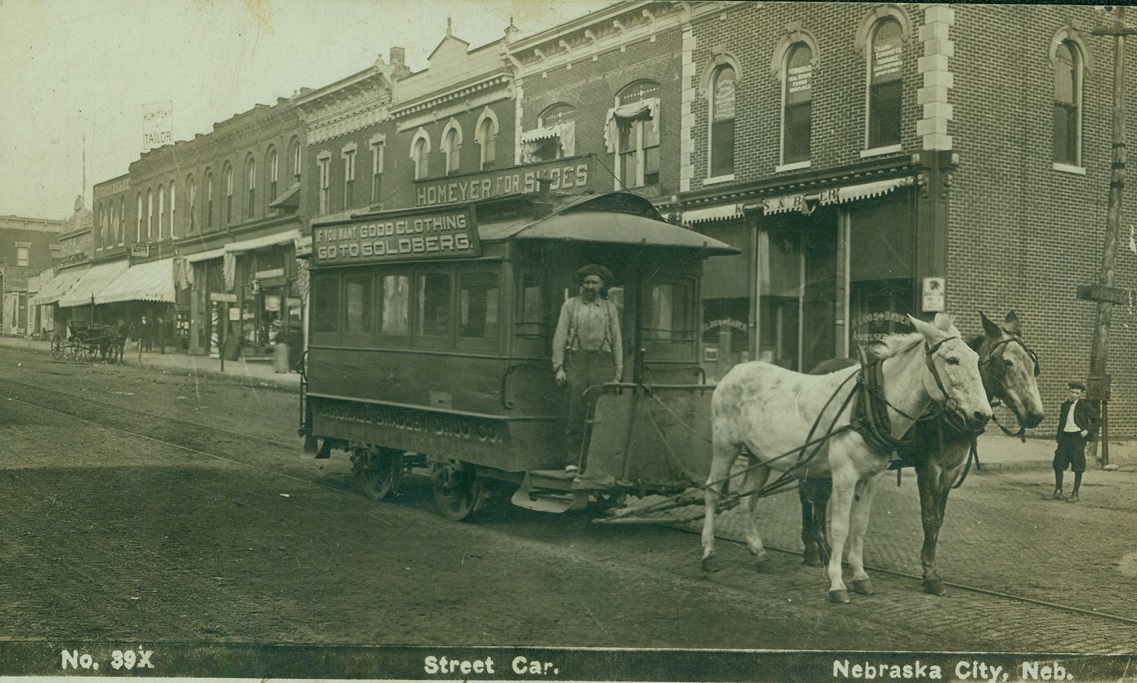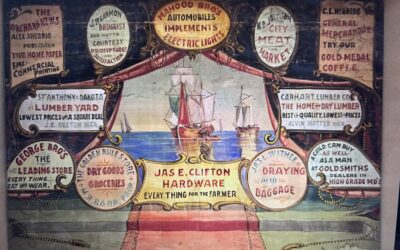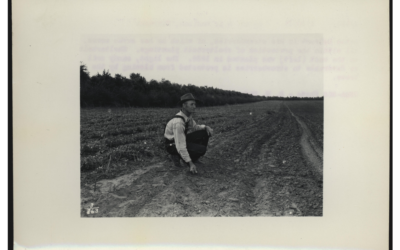According to the Omaha Daily Bee in September 1875, robbing a street car was a two-step process. 1. Run the car off the track. 2. “Gobble the money box.”

The nineteenth century is sometimes remembered as an uncomplicated era, lacking the social problems and juvenile crime more characteristic of later centuries. However, the review of contemporary newspapers reveals that problems caused by urban crime were not uncommon. The Omaha Daily Bee of September 3, 1875, reported what it suspected was an emerging trend in the robbery of horsecars under the headlines “Robbery of the Street Cars. Two Thefts Within a Week–The Plan is to Run the Car off the Track and Gobble the Money Box while the Driver is Getting the Craft on Again.”
Last evening a very cunning and bold robbery was perpetrated on a street car driver at the terminus of the line in Shinn’s addition. An unknown passenger intentionally ran the car off the turn-table by some means, and when the driver took his team around to the other end of the car to haul it back on the track, this man captured the money box, containing $15.00, and lit out in the darkness. The driver did not discover his loss till he reached Cass street, and was called on to make change. He then learned how the trick had been played upon him. The loss falls upon the driver, who is a new man on the road. He has had a lesson that he will profit by, and we don’t think that that trick can be turned on him a second time. When his car runs off the track hereafter he will grab for that money-box the first thing.
This is the second robbery of the street cars within a week. The other evening a car was run off the track on the main line by some one who had placed an obstruction on the rails for that purpose, and while the driver was getting the craft back [on] again, some one stole three one dollar packages from the box.
The driver suspected some boys of the theft, and accused one of them of it, saying that if the money was not returned he would have him arrested. The boy swore up and down that he didn’t do it, but that he thought he knew who did, and would try to get the money. The boy saw that other fellow, and returned the identical money.



